Ever known someone living with Rheumatoid Arthritis? You probably do. You just don’t know it. Appalling awareness about a condition that debilitates 1.3 crore Indians led doctors this year to pronounce April as Rheumatological Diseases Awareness month
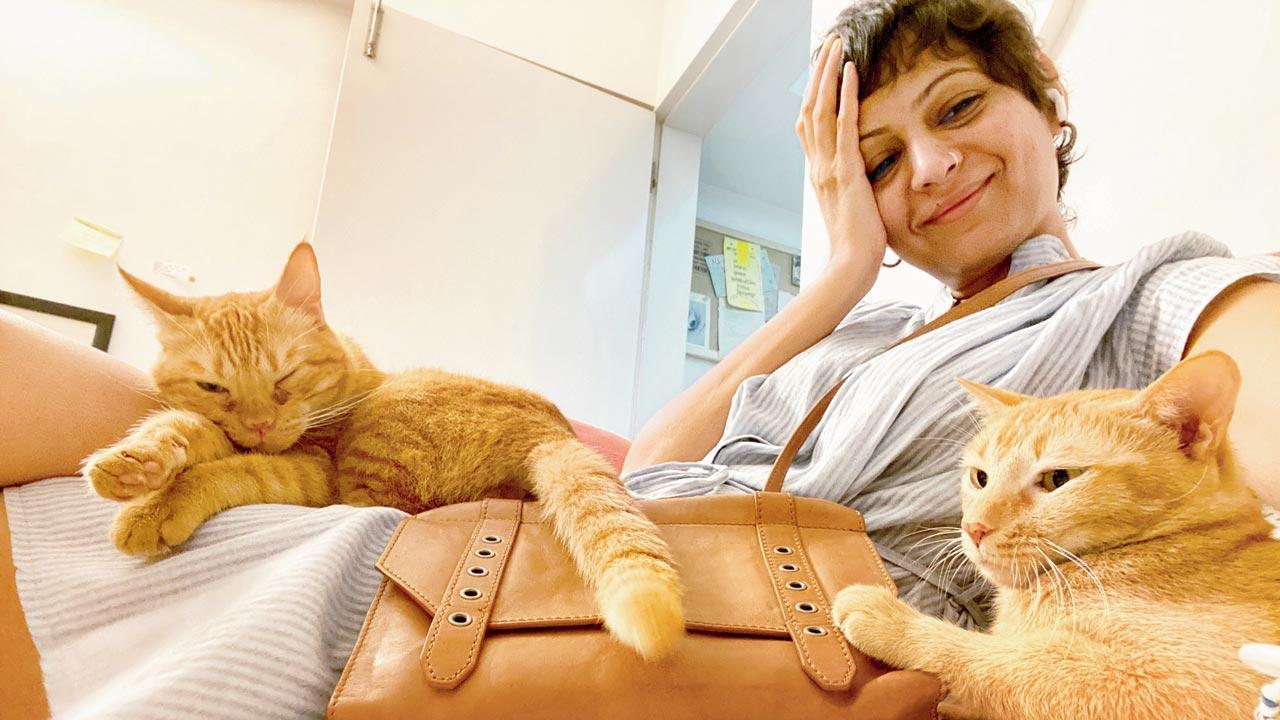
Scriptwriter Atika Chohan was diagnosed with rheumatoid arthritis seven years ago. There are mornings when the severe pain doesn’t let her move. It’s one of the reasons she feels she is better off living on her own. Her cats, she says, are trained to not make her bend to feed them in the morning hours. “They happily jump up and eat on the kitchen counter or high rise stools.” Pic Courtesy/Atika Chohan
Shivani Aggarwal was barely 21 when she first felt a sudden pain in her knees. It wasn’t a regular muscular catch or stiffness. Her mother, who suffers from Rheumatoid Arthritis (RA), suggested she see her doctor. Within 15 days, the then student of nutrition science knew she had inherited her mother’s condition.
ADVERTISEMENT
RA is an autoimmune disease where instead of protecting the body against infections and foreign particles, the immune system attacks it. It predominantly causes inflammation of the joints, but can occasionally also affect other organs such as the lungs, eyes and kidneys. Though often confused with each other, arthritis is caused by the wear and tear on a joint over a lifetime; RA is an inflammatory kind of arthritis that affects younger people, that too, mostly women. The treatment usually includes disease modifying anti-rheumatic drugs.
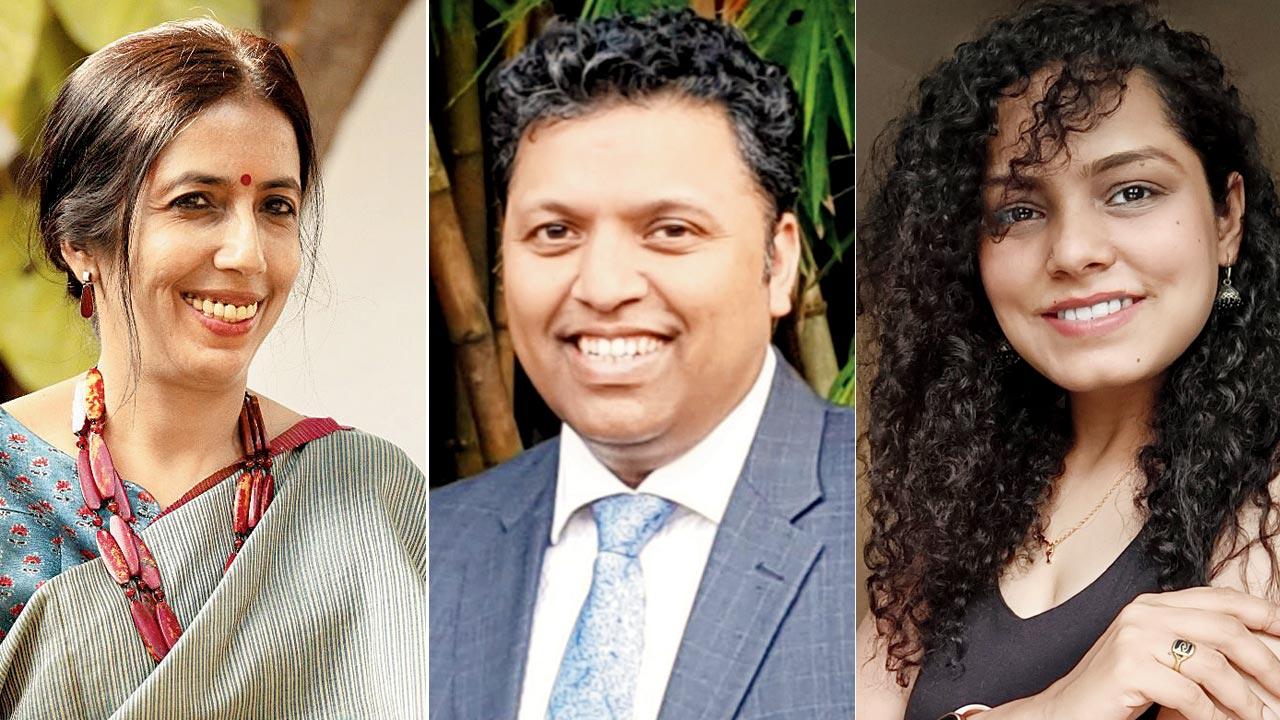 Anju Venkat, Dr Fabian Almeida and Shivani Aggarwal
Anju Venkat, Dr Fabian Almeida and Shivani Aggarwal
The doctor immediately administered an injection to Aggarwal, and prescribed medicines along with supplements. “I was pretty good for a year-and-a-half,” says the Gurugram resident. “Then it suddenly flared up again. I could no longer do daily chores such as wash my clothes or button my shirt. I was living as a paying guest in Delhi with limited amenities, away from my family in Himachal Pradesh. I had trouble heating the bathwater using an iron rod during the winters, and carrying the bucket to the bathroom to bathe. The morning and evenings were the hardest, because my joints would be at their stiffest due to the disease [while sleeping] and the drop in temperature. After lying down, I would struggle to cover myself with a blanket. I had joined a new job and needed to perform well.” Aggarwal, 34, was grateful to her helpful roommate, but couldn’t say the same about the ecosystem at her workplace. Aggarwal had to present her medical file to the boss to prove she was not tardy. “But she wasn’t cooperative. Perhaps she wasn’t aware of the condition.” Ironically, the firm was a health start-up.
Aggarwal had to quit that job, and the experience led her to hide the condition. “If I was limping one day, due to pain in my knee, I’d say that I had accidentally hurt it,” she says.
Come 2020, the Coronavirus induced pandemic led Aggarwal to experience anxiety attacks which worsened her condition. The wrist joint of her right hand was almost immobile. Relief came only in March 2022, when she was put on biologics—drugs that target specific parts of the immune system to treat a disease.
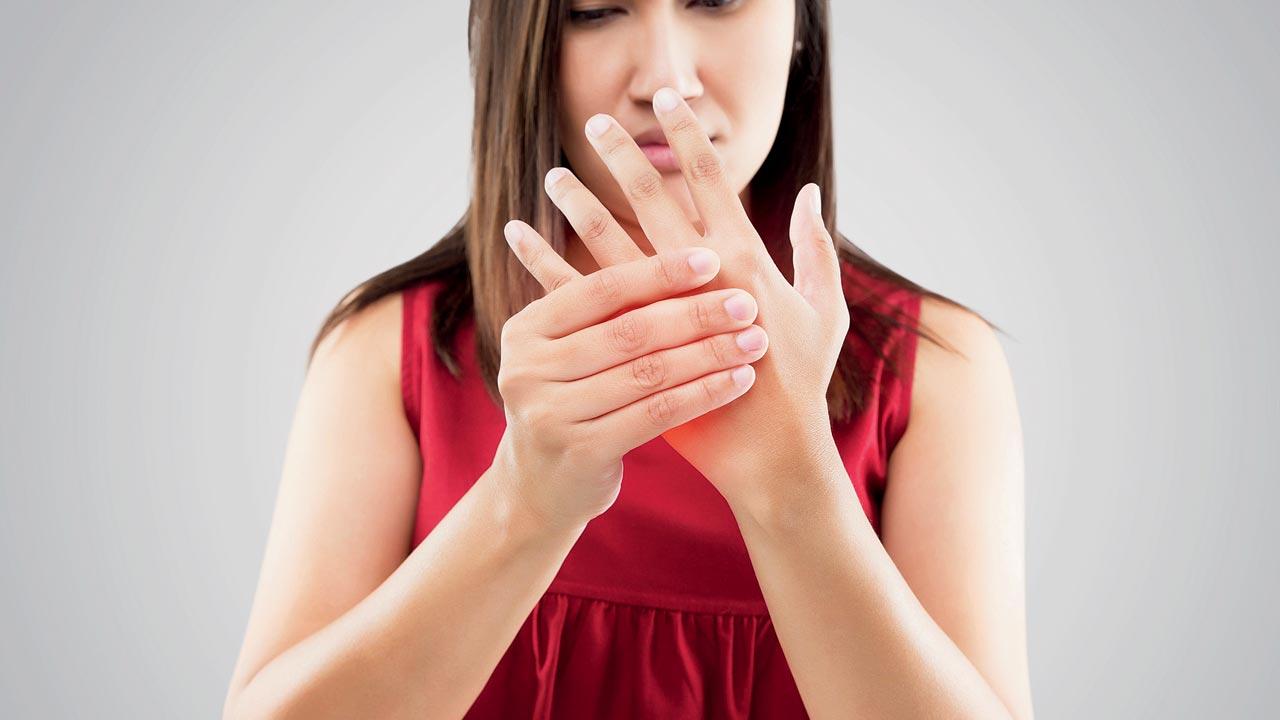 RA is an inflammatory kind of arthritis that affects younger people, especially women
RA is an inflammatory kind of arthritis that affects younger people, especially women
“If oral medicines fail to bring RA under control,” says Dr Puneet Mashru, a Mumbai-based rheumatologist, “advanced treatments such as biologics, mainly administered through injections, help control the disease. These are not steroids, but targeted therapy.” There is no particular reason why one person is more likely to get RA than the other, according to Dr Mashru. While some have a genetic predisposition, in others, it may be triggered by an infection. COVID-19 has also shown to trigger all sorts of autoimmune diseases, including RA.
Atika Chohan, the scriptwriter of Deepika Padukone starrer-Chhapaak (2020) and Kalki Koechlin’s Margarita with a Straw (2014), has lived with the condition for seven years. “I was very confused initially,” says the 41-year-old, “because we couldn’t identify the condition for almost a year. I went through a whole lot of tests that led to contradictory results. It took frequent agonising visits to multiple specialists to figure that I have RA.” Chohan was 35 at the time of the diagnosis.
Alongside informing one’s self about RA, there is also the need to make those around you aware and sensitive to the condition. Especially family, friends and colleagues, who can be affected by the consequences of the symptoms. Chohan’s then partner could not understand or empathise with the intensity of her disability, despite her detailing it. “Maybe he didn’t think it was that serious,” she says, “because from the outside I looked normal. It may have started as a general lack of awareness about RA and other autoimmune disorders, but some people I was closest to unknowingly minimised my disability. I was made to feel that I was making things up…”
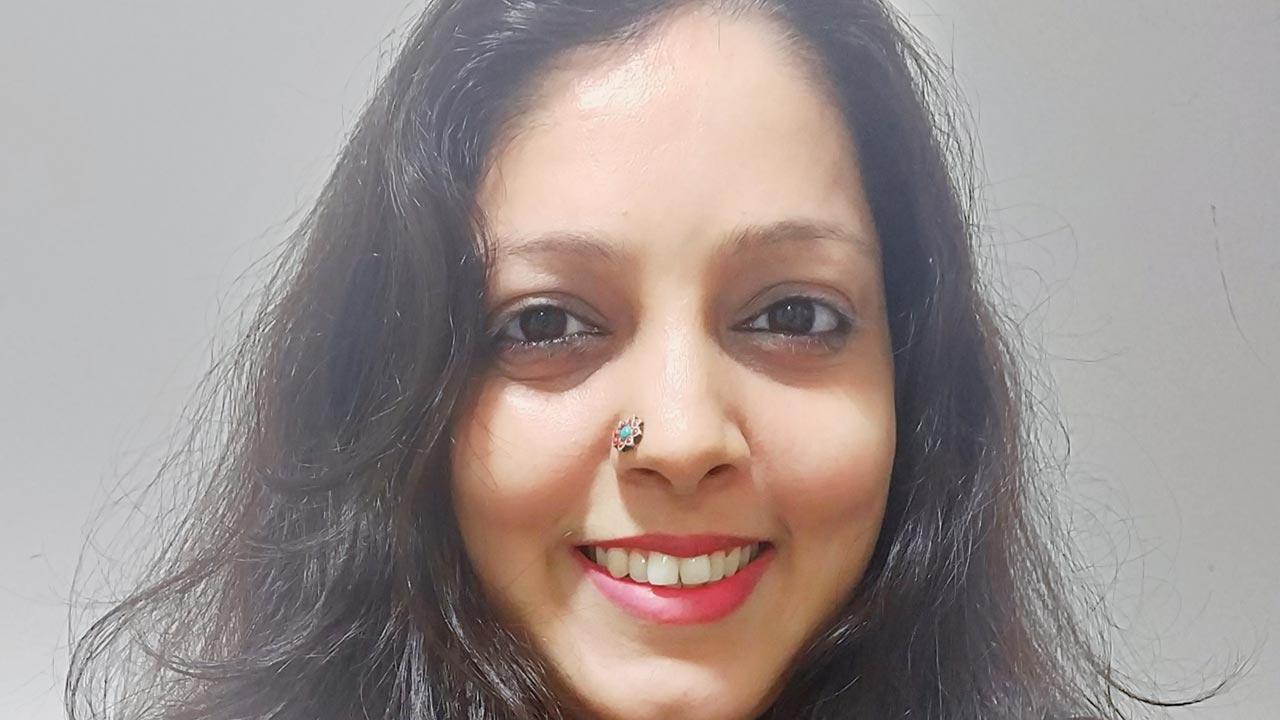 Ruchika Vyas, content creator
Ruchika Vyas, content creator
Now single, Chohan doesn’t rule out the possibility of being in a romantic relationship again, but RA would make cohabitation difficult. “I know I have a disease that needs to be micromanaged and I don’t want to be a burden on anyone,” she says.
Chohan now prefers to be at home with her two cats in the morning, when the joint inflammation is at its most severe. She spends that time writing and working. “Mornings are tough since you wake up with joint stiffness and chronic fatigue. I have taught my cats to not make me bend to feed them in the morning hours; they happily jump up and eat on the kitchen counter or high
rise stools. They are patient around me.”
After being on allopathy medicines for six months, Chohan shifted to naturopathy and Ayurveda. Over the years, she has learnt to manage RA better. “Autoimmune diseases are sparked by an imbalanced gut, and Ayurveda helps you cleanse it. I have cut out gluten, lactose, meat and stimulants from my diet. Besides this, I have to constantly manage my stress levels. I have to be doubly prepared since I know that the slightest trigger can flare it up. It is like preparing for a war with a double armour.” she laughs.
Dr Ashok Kumar, the director of Rheumatology at the Fortis Hospital in Vasant Kunj, says approximately one per cent of India’s population—that’s roughly 1.3 crore people—is inflicted by RA. It is predominant yet there is so little awareness around it that three weeks ago, the Indian Rheumatology Association decided to establish April as Rheumatological Diseases Awareness Month.
Chohan credits Worli-based The Health Awareness Center (THAC) for teaching her management measures. When this writer reached out to THAC, its head Anju Venkat, explained that her team of health counsellors and nutritionists work on the principle that “the only thing that can actually heal you or cure you, is your own body”.
“You need to support your body such that non-functioning parts start refunctioning,” explains Venkat. “With RA, you are talking about constant inflammation, which means cell damage is occurring faster than cell repair. We need to investigate why the body is letting this happen.” The team at THAC alters not only the patient’s diet, but also the way the food is consumed, and guides them on relaxing the senses. “The inflammation is connected to your immune system. And your immune system functions through your sensory nervous system, which are your five senses. If you don’t know how to relax, your immune system will always be hyperactive,” she adds.
Like most people, Ruchika Vyas, a former journalist and now a part of the content creation team at a leading bank, took some time before she could understand RA. “When I got my diagnosis,” says the 38-year-old, “it left me very confused. We often associate arthritis with bone deterioration in old age. I didn’t know a condition like this existed. I had to live with it. It was one of the most devastating moments of my life.”
Vyas spent years trying medicines, supplements, therapies and routines. “I took all the prescribed allopathic medication. I tried to change my diet, turned to acu-puncture and specific exercises,” she lists, “Nothing worked for long. I would experience temporary relief which would trick my mind into believing the agony was over. And then I’d wake up one morning with pain so severe that I couldn’t walk without limping. RA doesn’t just have a physical impact; it compromises your mental health too. When you’re in pain practically all the time, it’s hard to feel upbeat or have a positive outlook.”
Vyas says there have been times when pain in her fingers doesn’t allow her to type, hold a cup, or shake hands with a colleague without wincing, “Once, I spent an entire vacation limping because the pain in my feet was too much to bear. People are unable to fathom how the pain can be severe one day and not the next. Thankfully, I had some of the kindest colleagues who helped me cope.”
Doctors stress on the need to cultivate a strong support system at home and at work. And, coping with the disease might need assistance from a mental health expert.
“RA is a chronic debilitating illness and it takes a toll on the mind and the mood,” says Dr Fabian Almeida, a consulting psychiatrist at the Fortis Hospital in Kalyan. “Whenever emotions are involved, we evaluate whether the patient is undergoing mild, moderate or severe mental discomfort, which also depends on their coping skills and the seriousness of the illness. Through counselling, we help them recognise their strength, figure what is in their control and what is not. When managing the diet, regular follow ups with doctors and taking medication regularly are sorted, much of the recovery is enhanced. If there is a need for medication, we prescribe a low dose antidepressant or anti-anxiety agent.”
RA affects children too. “Children suffer from Juvenile Idiopathic (JI) arthritis, and its symptoms are different. Only about five per cent of JI patients have symptoms similar to RA adults. But the other 95 per cent also have very significant forms of chronic arthritis,” says Dr Suma Balan, a paediatric rheumatologist and chairperson of the Paediatric Rheumatology Society of India. She adds that awareness about JI is poor in India, not just among the population but doctors, too. “In urban areas,” she says, “one can see a delay of three to six months in diagnosis. In smaller towns, it will be years before a patient reaches a paediatric rheumatologist, and by then, considerable damage would have been done.”
What’s worsening matters is the skewed doctors to patients ratio. “We only have about 800 rheumatology specialists, when the need is for nearly 20,000 in proportion to our population. The ratio is worse when it comes to paediatric rheumatologists—we barely have 20 to 25 doctors. While a city like Mumbai has about three or four, the state of Telangana has only one. Andhra Pradesh has none and Tamil Nadu has three or four.”
800
No. of practising rheumatologists in India against the demand for 20,000 doctors
When a child may need to see a paediatric rheumatologist
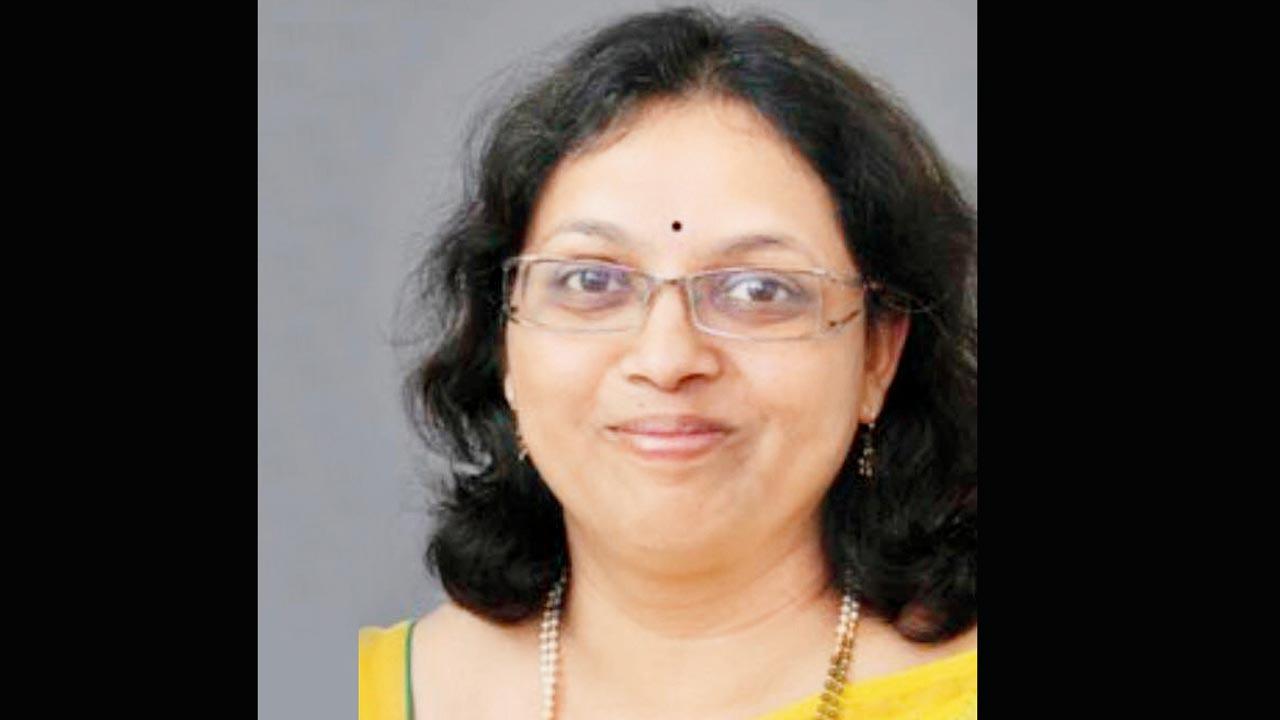 Dr Suma Balan
Dr Suma Balan
Joint pain in juvenile idiopathic arthritis is particularly pronounced after a period of rest. So when s/he wakes up in the morning, the joints would be stiff. It would translate into a very irritable toddler, refusing to move or limping for two to three hours after waking up. An older child might complain that their knee or elbow hurts, or they are unable to hold the toothbrush properly. Progressive swelling of the joints is a cardinal feature.
Dr Suma Balan, Chairperson, Paediatric Rheumatology Society, India
City/State vs Paediatric Rheumatologists
Mumbai
4
Telangana
1
Andhra Pradesh
None
Tamil Nadu
3-4
 Subscribe today by clicking the link and stay updated with the latest news!" Click here!
Subscribe today by clicking the link and stay updated with the latest news!" Click here!







